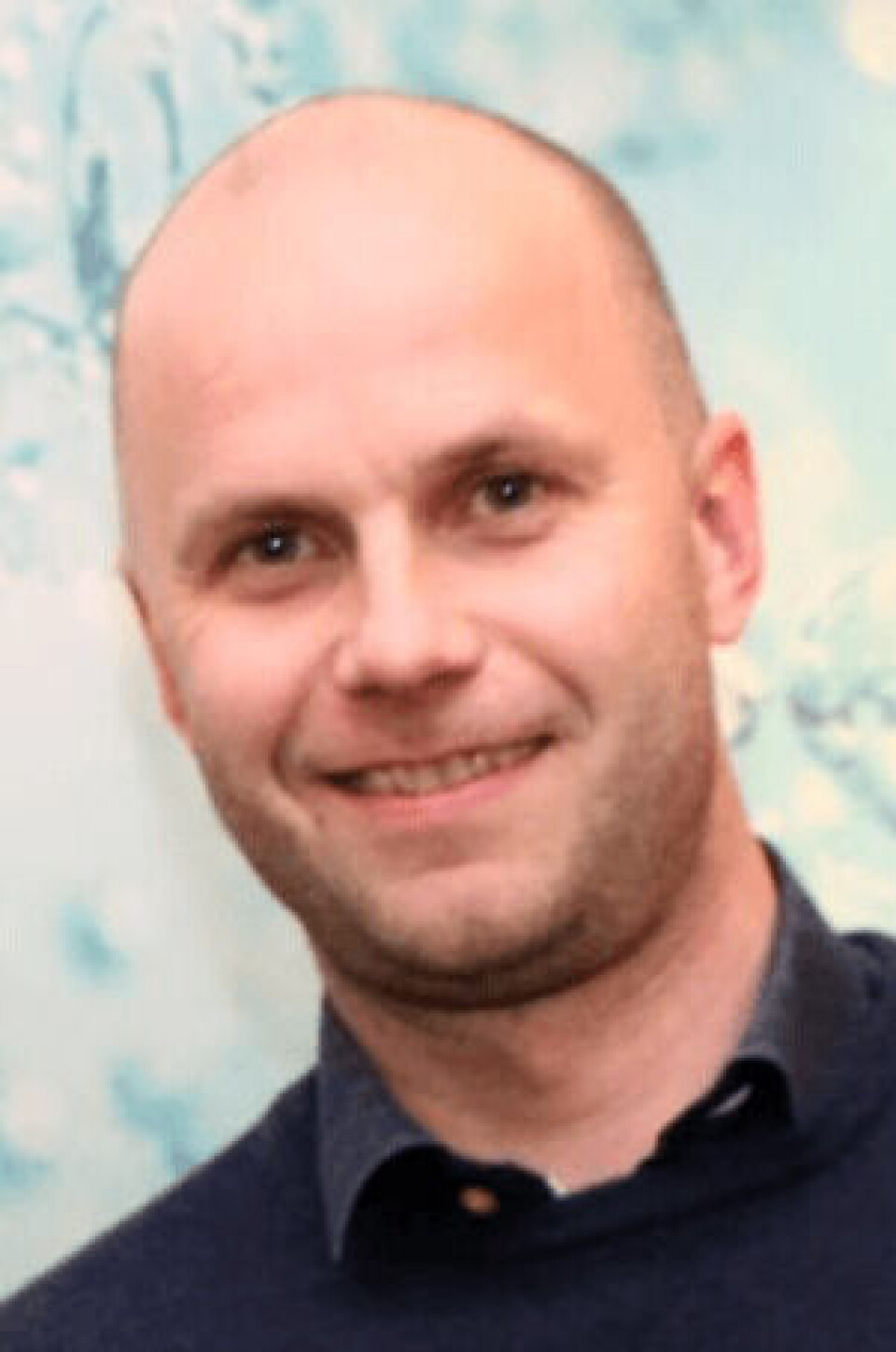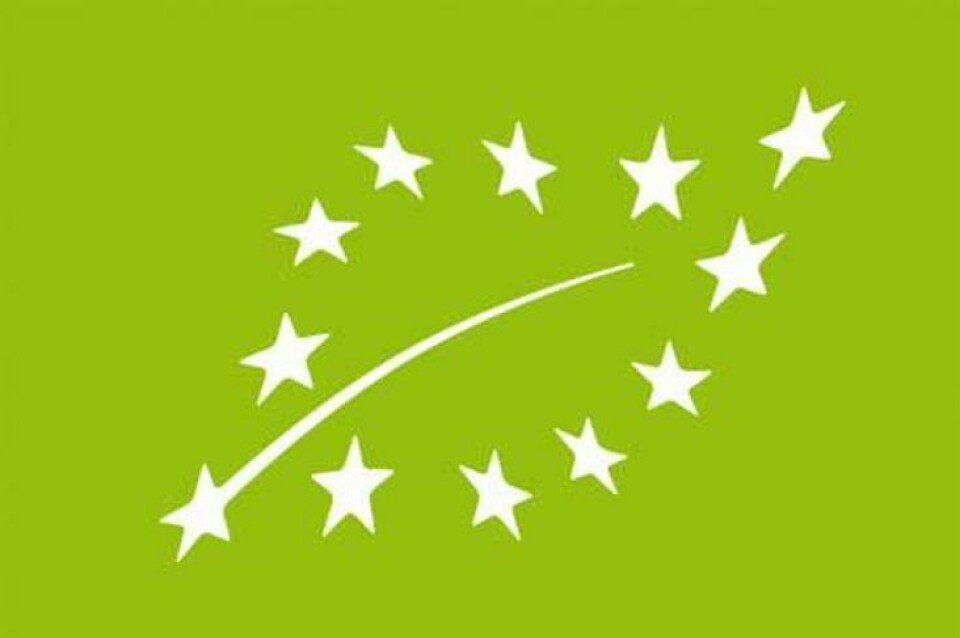
Arctic Fish closes in on new farm licences
Icelandic salmon farmer Arctic Fish is a step closer to doubling production following the completion of an environmental assessment into its plans to grow up to 10,100 tonnes of biomass in Ísafjarðardjúp in the Western Fjords.
In addition, an advertising period for additional farming licences for Arctic Fish, up to a maximum of 10,000 tonnes of biomass in Dýrafjörður, is coming to an end.
“Should the issuance of farming licences go ahead, a significant increase in the company’s farming is expected in the northern Westfjords,” said Arctic Fish, which is 50% owned by Norway Royal Salmon.

24,000 tonnes by 2025
Arctic Fish, which says it focuses on environmentally friendly farming, harvested around 7,400 gutted weight tonnes last year and expects to harvest 12,000 gwt in each of the next three years. It plans to double that volume to more than 24,000 gwt by 2025.
“This is a big milestone for Arctic Fish. The headquarters are located here in Ísafjörður, so we’re pleased with the possibility that we can start farming in Ísafjarðardjúp,” chief executive, Stein Ove Tveiten, said in a press release.
“The people of Westfjords have emphasised environmentally friendly food production and that’s exactly what this farming will be.”

Euro Leaf approval
Arctic Fish has Aquaculture Stewardship Council (ASC) certification and earlier this week it received the European Union’s Euro Leaf organic certification.
The first harvest from Ísafjarðardjúp is planned for 2023 and in the next few weeks Arctic Fish is expecting the first organic ova from Benchmark Iceland (formerly Stofnfiskur). The first output of organic certified smolt is intended for release in the summer of 2022 and will become part of the new area’s harvest.
Arctic Fish’s hatchery at Tálknafjörður, is based on a recirculating aquaculture system (RAS) using geothermal water and green electricity. Grow-out takes place at the company’s farms in Tálknafjörður, Patreksfjörður, Önundarfjörður and Dýrafjörður.
Stock market listing
The company made an operating profit of €4.2 million last year despite a loss in the final quarter, and is in the middle of a listing process on the Euronext Growth market in Oslo. It said last month that its main emphasis had been on introducing the company and its operations to domestic investors, which had been successful. Presentations to foreign institutional investors were also planned.
Norway Royal Salmon has already indicated that it intends to buy 50% of the planned share capital increase.























































